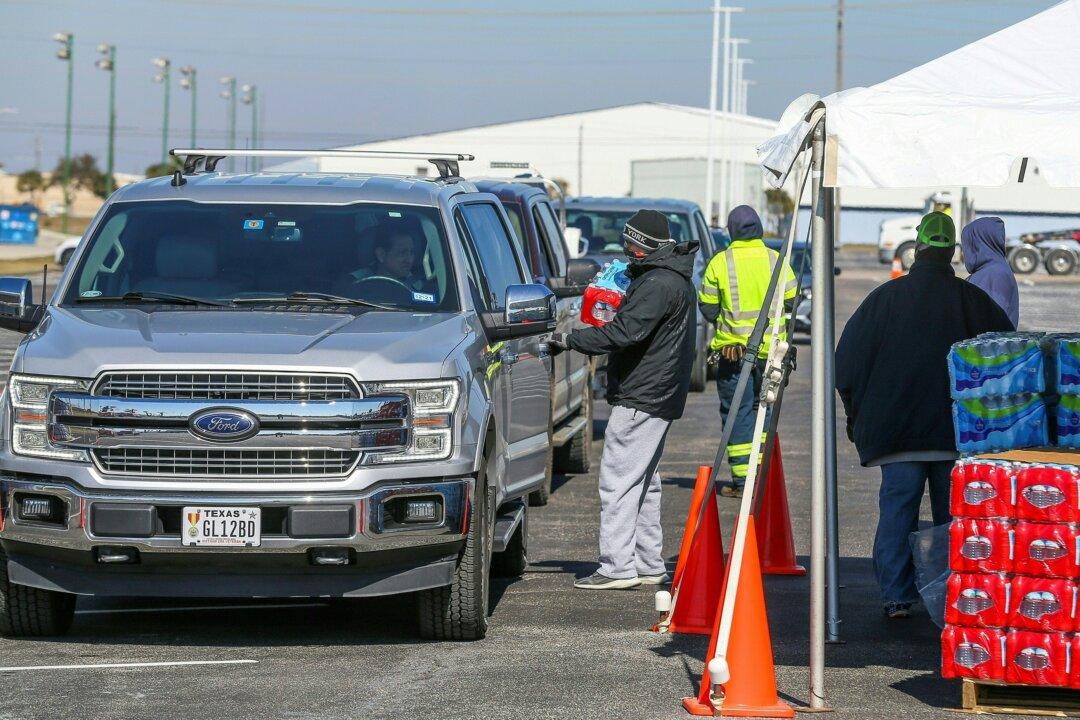President Joe Biden has approved a major disaster declaration for Texas after a brutal cold snap and frozen infrastructure brought days of power and water shortages for residents across the state.
The White House announced on Saturday that the president has also ordered federal assistance to supplement state and local recovery efforts to assist those affected. Types of assistance include temporary housing and home repairs, low-cost loans to cover uninsured property losses, and other programs to help individuals and business owners recover from the effects of the disaster.




